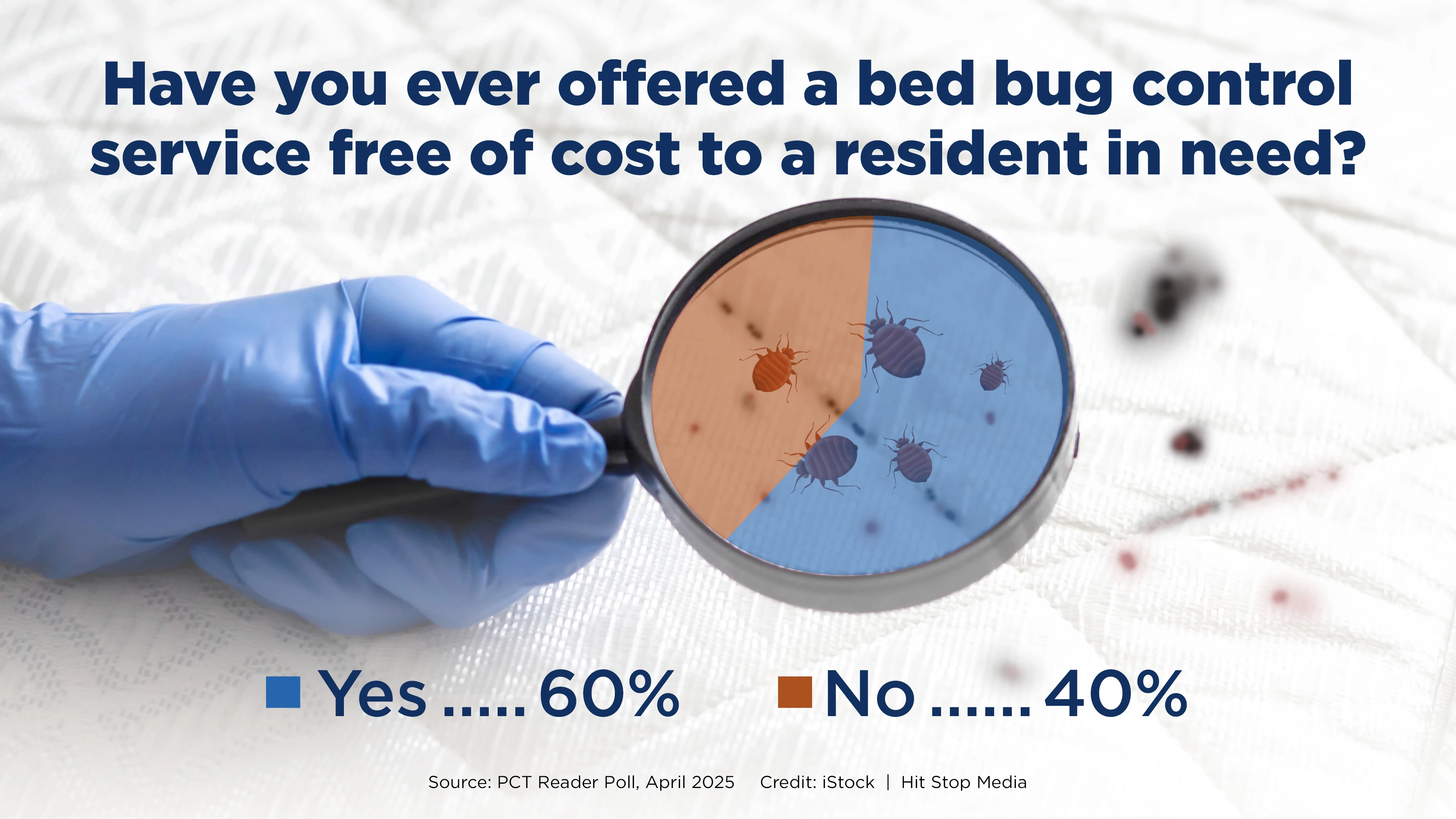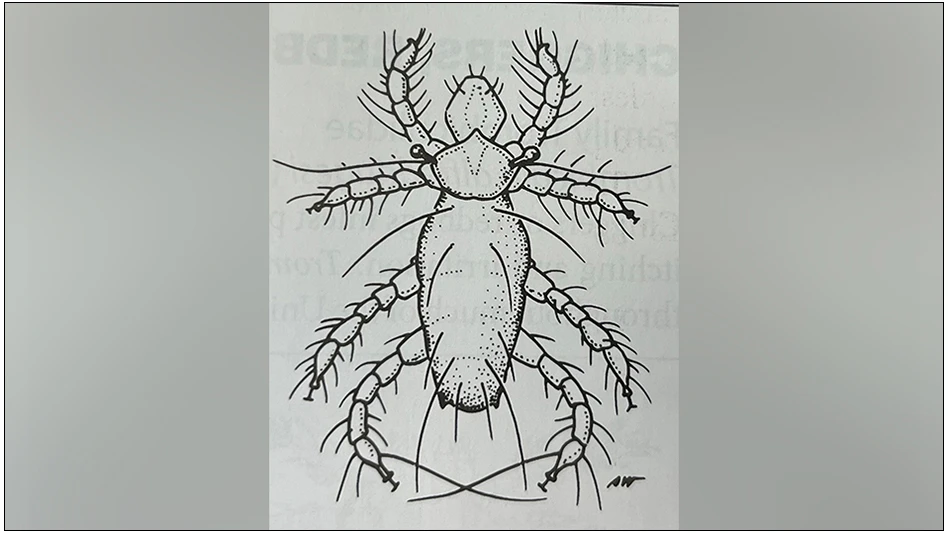
Shortly the U.S. Department of Labor will announce sweeping changes to the rule that governs when employers must pay workers overtime.
As proposed in July, any salaried employee making up to $50,440 annually ($970 weekly) would be eligible for overtime pay after working 40 hours a week. That’s a 113 percent increase over the current threshold of $23,660 ($455 weekly). “We knew that this threshold was going up, but it was kind of shocking how much,” said Andrew Bray, public policy director of the National Pest Management Association (NPMA).
The Department of Labor (DOL) is reviewing comments submitted by a large coalition of companies and associations (including NPMA) submitted through Sept. 4. DOL likely will announce the final rule and timetable for implementation in early- to mid-2016.
“The final rule could be completely different; the final rule could have no changes whatsoever,” said Bray. Once the final rule is published, employers will have 60 days to comply.
This will pose challenges for some pest management companies. Employees who make more than $23,660 and less than $50,440 will no longer qualify for administrative or “white collar” exemptions from overtime under the Fair Labor Standards Act. The argument that “I don’t get overtime because I’m on salary” will be “an inaccurate reading of the law” for this group of workers, said Bray.
In addition, the proposed rule will limit the amount non-discretionary bonuses are credited towards the annual threshold to only 10 percent of these employees’ total salary (NPMA requested an increase during the comment period). Employees in sales may be exempt from the overtime rule only if they meet certain tests.
WHAT CHANGES MEAN. This means employers could lose incentives to motivate employees, especially if commissions and non-discretionary bonuses make up a fair part of total compensation, said Mike Scholes, president of Reliable Pest Solutions in Hannibal, Mo.
To ensure workers don’t exceed 40 hours a week, employers may shift salaried employees to an hourly wage or begin monitoring hours. Employees may lose flexibility, like the ability to leave early for a child’s soccer game or check emails from home.
This could cause friction with Millennial employees, who now make up the largest share of the U.S. labor force. The proposed rule creates “a completely impossible environment” that Millennials don’t want to operate in, stated Phil Cooper, president of Cooper Pest Solutions in Lawrenceville, N.J. “A Millennial doesn’t want to clock in and clock out; they want to do the job and get it done whenever,” he said.
If Brad Parker, president of Parker Pest Control in Oklahoma City, has to cut back employee hours to stay compliant, he’ll have to hire more people to get the work done. Not only is this costly, but “it’s so darn hard to hire the right people,” he said. Nor does the rule consider regional cost-of-living differences, noted Bray.
The Department of Labor also may index the minimum salary in order to automatically raise the threshold on an annual basis, rather than increasing it through the notice-and-comment rulemaking process, NPMA stated in an email to members.
The salary threshold was due for an increase; it was raised to $23,660 in 2004. But “to more than double it? I don’t think it’s a prudent course of action and we believe it potentially could hurt the people this rule is trying to protect,” said Bray. He said he hopes the final salary threshold is lower than $50,440. “What I can be certain of is it’s going to go up from that $23,000,” he said.
NPMA continues to discuss the issue with coalition partners led by the U.S. Chamber of Commerce and members of Congress. The association requested an extension of the Department of Labor’s 60-day comment period, which was denied, and submitted formal comments for review. Hundreds of NPMA member companies also are participating in grassroots letter-writing campaigns.
The author is a frequent contributor to PCT magazine. Email her at anagro@gie.net.

Explore the March 2016 Issue
Check out more from this issue and find your next story to read.
Latest from Pest Control Technology
- Target Specialty Products, MGK Partner for Mosquito Webinar
- Cockroach Control and Asthma
- FORSHAW Announces Julie Fogg as Core Account Manager in Georgia, Tennessee
- Envu Introduces Two New Innovations to its Pest Management Portfolio
- Gov. Brian Kemp Proclaimed April as Pest Control Month
- Los Angeles Ranks No. 1 on Terminix's Annual List of Top Mosquito Cities
- Kwik Kill Pest Control's Neerland on PWIPM Involvement, Second-Generation PCO
- NPMA Announces Unlimited Job Postings for Members





